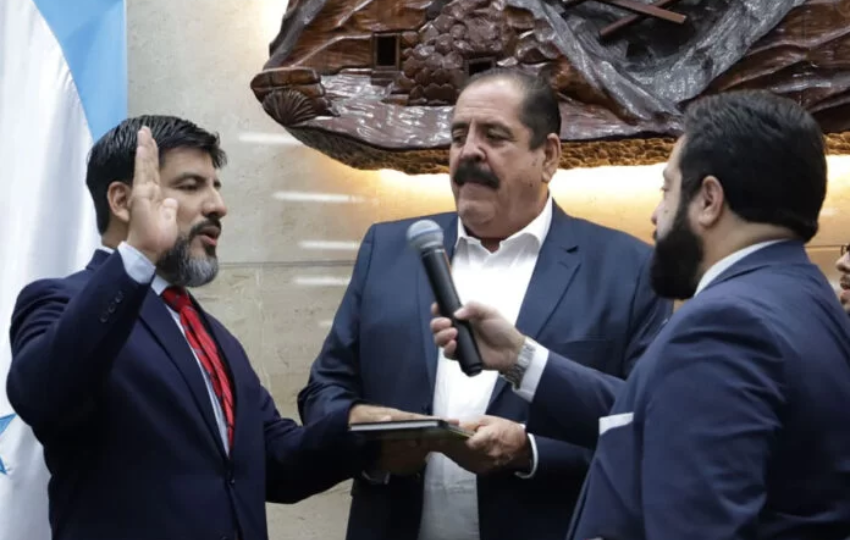Honduran Attorney General Johel Zelaya is facing intense public and institutional scrutiny after being accused by various political and social sectors of favoring the ruling LIBRE party in his decisions. The controversy intensified after he publicly denounced an alleged assassination attempt against former President Manuel Zelaya, which opponents and analysts interpret as a possible distraction from the structural problems facing the country.
Official statements and opposition criticism
The account given by the prosecutor, which was portrayed as an effort to prevent and safeguard institutional integrity, faced doubt from opposition legislators and legal analysts. Detractors of his leadership contend that the Prosecutor’s Office, during his tenure, has exhibited a political bias that could jeopardize the autonomy of the criminal investigative process. This viewpoint challenges the neutrality of the Public Prosecutor’s Office, which has a constitutional duty to ensure justice without political bias.
La disputa surge en un momento en el que la población está exigiendo resultados tangibles en la lucha contra la corrupción, el tráfico de drogas y la violencia, desafíos que siguen afectando de manera directa la economía del país y el ambiente para la inversión.
Reactions from professional and social sectors
La Asociación de Abogados de Honduras se ha sumado a las voces que piden una Fiscalía más independiente con una agenda centrada en perseguir delitos en lugar de confrontaciones políticas. Organizaciones sociales y actores legales insisten en que la pérdida de credibilidad institucional reduce la capacidad del estado para combatir la impunidad. Esta situación también genera un entorno de incertidumbre que desalienta la inversión privada, un factor crucial para fomentar el desarrollo y crear empleo sostenible.
Context of institutional tensions
The debate involving Johel Zelaya illustrates a situation of political division, with the dynamics between the government and the opposition characterized by shared suspicion. Detractors caution that employing the Attorney General’s Office for partisan aims risks undermining institutions and extending a judicial crisis that impacts both political stability and economic potential of the nation.
For civil society and the private sector, the immediate challenge is to restore the autonomy of the Public Ministry as an essential pillar of the democratic system. Without this credibility, efforts to combat organized crime, corruption, and violence face serious obstacles and undermine the confidence of domestic and foreign investors.
A structural dilemma
The current situation reveals a structural dilemma in Honduran politics: the difficulty of separating state functions from partisan interests.
The role of the attorney general, questioned for his alleged closeness to LIBRE, has become a barometer of the institutional capacity to respond to society’s demands for justice and transparency.
The result of this dispute will determine not just the direction of governance and judicial independence, but also the trust of the private sector, which is crucial for boosting the economy and enhancing the democratic resilience of the country.




